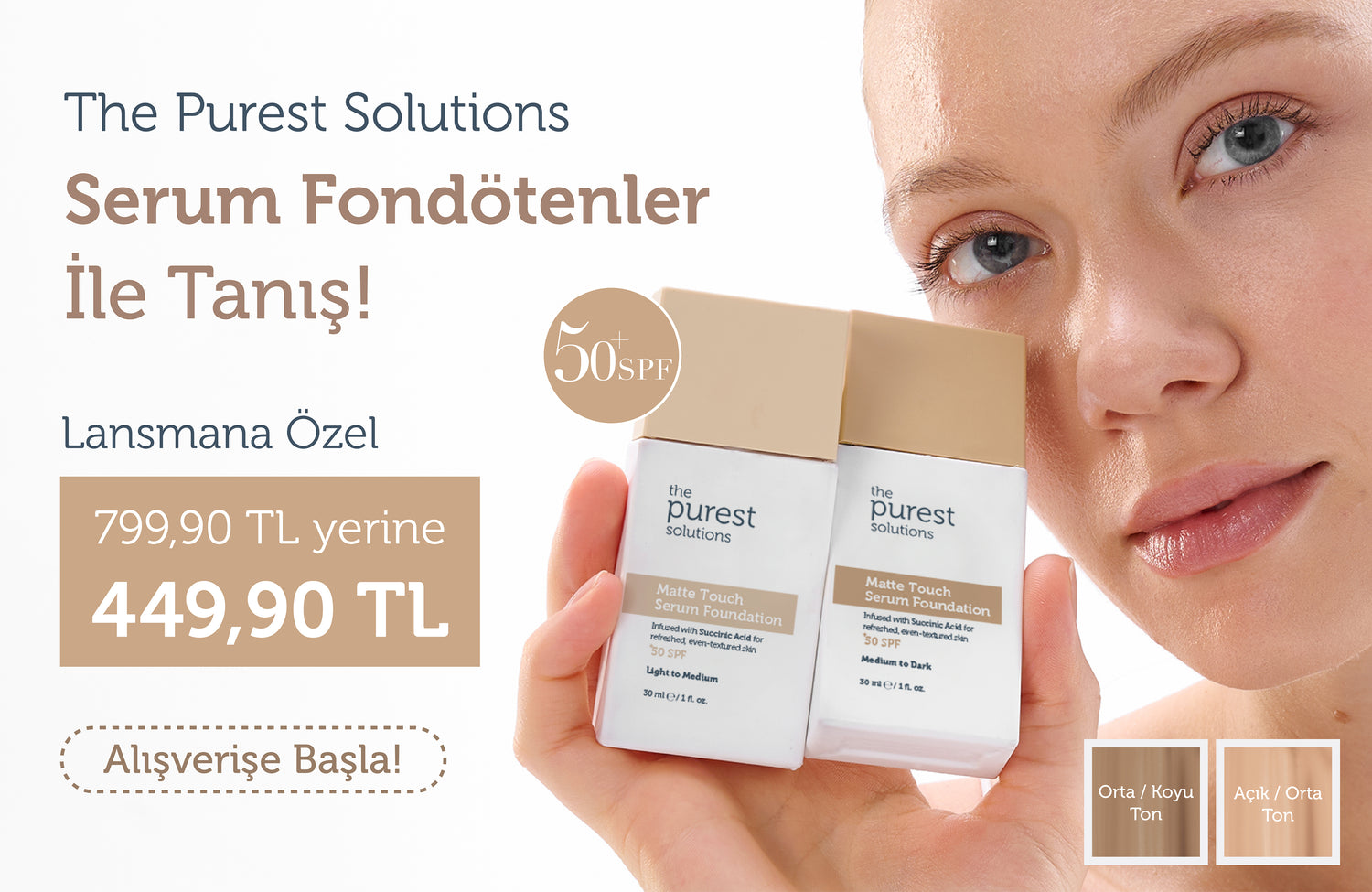What are the benefits and harms of sunlight?
Sunlight is a source of vitamin D, which is the main factor for our bone health and immune system. When the cholesterol in our skin is affected by UVB rays, it enables the body to synthesize vitamin D. It is directly proportional that we feel more energetic, happy and positive on sunny days. This is because sunlight increases serotonin levels, elevates mood and reduces symptoms of depression. Therefore, its positive effect on morale and mental health is also a known fact.
It also has an immune system strengthening effect. It increases the activation of immune system cells and provides protection against some diseases. Sun rays regulate the release of the melatonin hormone, which regulates sleep patterns. Accordingly, getting the right amount of sunlight can improve sleep quality and reduce sleep disorders.
In addition to its positive effects, excessive exposure to sunlight also carries some harms, and these negative effects should not be ignored. First of all, excessive exposure to sunlight can cause burns, sun spots, wrinkles and skin cancer. UVB and UVA rays can cause damage to skin tissue. Similarly, excessive exposure to sunlight can cause burning, redness, irritation and serious eye disorders in the eyes.
When exposed to the sun for a long time, excessive sweating and dehydration may occur. Intense sun rays increase body temperature, which can lead to dehydration and even sunstroke.
What can be done to protect from the harmful effects of the sun?
Taking advantage of sunlight is important for body health, but it should not be forgotten that excessive exposure should be avoided. When going out in the sun, especially at noon when the sun is at its most intense, it is important to use sunscreen, wear appropriate clothing and wear sunglasses.
One of the most effective ways to protect yourself from these harmful rays is to use sunscreen . You should add sunscreen to your daily routine, which will help nourish and moisturize your skin while protecting it from the harmful effects of the sun.
What is Sunscreen?
Sunscreens and sunblocks are protective products used to prevent health problems such as skin burns, sun spots, wrinkles and skin cancer that may result from the sun's harmful UV rays. They protect the skin by creating a barrier on the skin or by absorbing harmful UV rays.
It is usually labeled with a value called the sun protection factor (SPF). This SPF value is how long the sunscreen will protect your skin from UVB rays. A sunscreen with an SPF of 50 can protect your skin from sunburns that can occur when exposed to the sun for about 60 times longer. Sunscreens do not provide protection all day long, so it is important to reapply regularly throughout the day to maintain their effectiveness.
Also See: Sunbathing Day
What Should the Sunscreen Content Be?
When choosing a sunscreen, attention should be paid to the SPF value of the product and to the needs of your skin. When choosing a sunscreen, there are a few important points to consider in its content. The SPF value is at least SPF 30 for daily use, but ideally SPF 50 is preferred. If the skin will be exposed to the sun for a long time or has sensitive skin, a higher SPF value may be preferred.
It is important that sunscreens protect against both UVA and UVB rays. Therefore, a product with broad-spectrum protection should be chosen. Look for the words "UVA" and "UVB" on the label or choose products that include the phrases "broad spectrum" or "broad spectrum."
The ingredients of sunscreen products may vary depending on skin type. Oily or acne-prone skin should prefer oil-free or light formulas. If you are looking for sunscreen for oily skin, you can check out the Mattifying Sunscreen Cream for Oily and Combination Skin, which targets UV and blue light protection by controlling sebum secretion without causing oiliness on the skin.
If you have dry or sensitive skin, you should choose those with moisturizing properties. If you are looking for a sunscreen for dry skin type, you can choose the High Protection and Moisturizing Effective Sunscreen Cream , which targets UV protection without causing oiliness on the skin and maintains the moisture balance in the skin with the support of the moisturizing active ingredients it contains.
With its formula supported by Arbutin and Niacinamide , the Anti-Blemish and Skin Tone Equalizing Tinted Sunscreen Cream, which aims to prevent the formation of spots on the skin and eliminate skin tone inequalities, may be the sunscreen you are looking for.
How to Use Sunscreen?
Sunscreen provides effective protection when applied regularly and in the right amount. It should generally be applied at least 15-30 minutes before sun exposure. This period allows the product to fully absorb into the skin and form a protective layer. It is recommended to reapply every two hours or after activities that involve contact with water, such as sweating and swimming.
It should not be forgotten that UV rays are present in every season. Therefore, sunscreens should be used not only in the summer and when we go out in the sun, but also on cloudy days and in the winter. In addition, it is important to use sunscreen not only for the face and body, but also for all skin surfaces that need to be protected, such as lips, ears and other sensitive areas. Applying these methods to protect yourself from the harmful effects of the sun and using plenty of sunscreen during the day will protect your skin from sunburn, premature aging , skin cancer and other skin problems.







